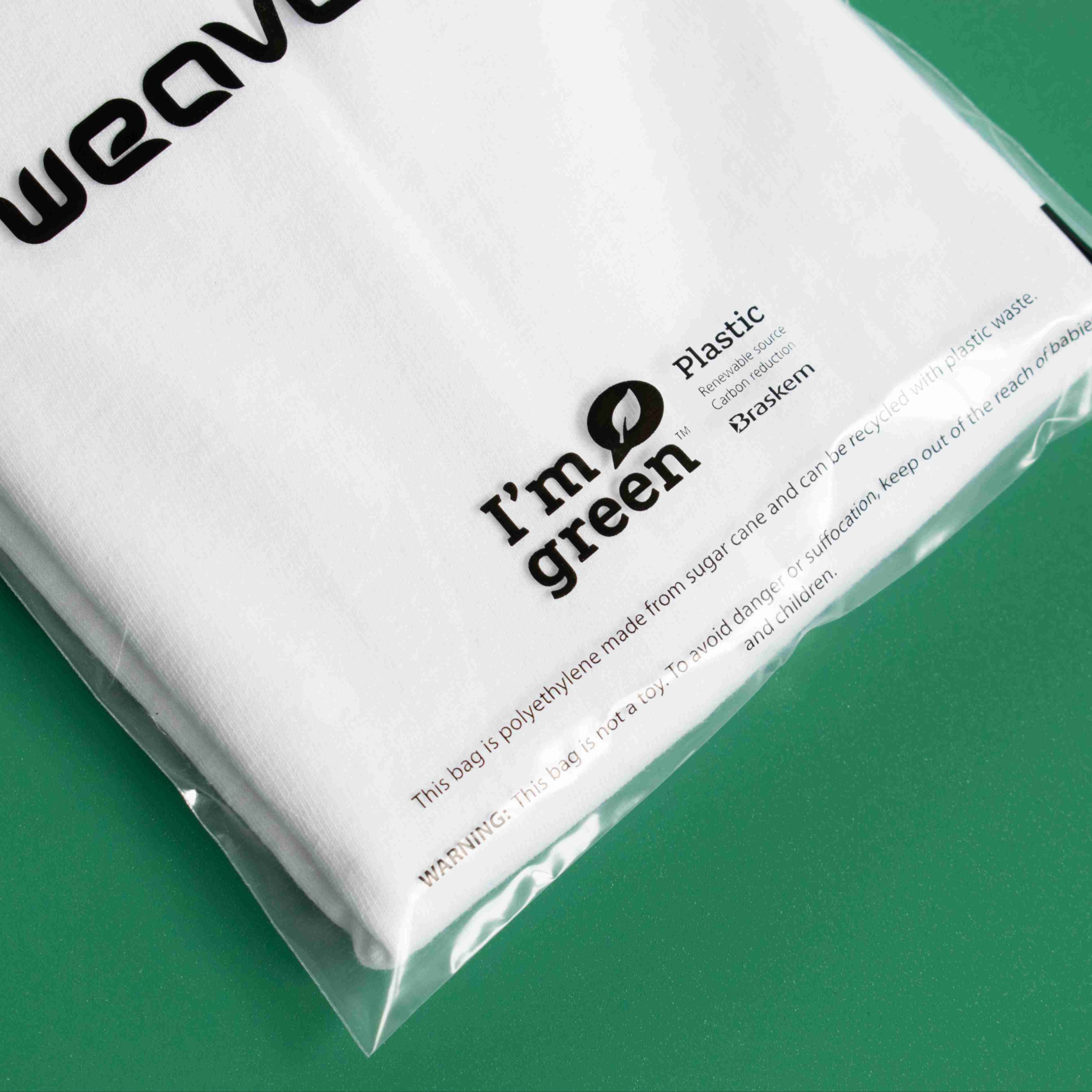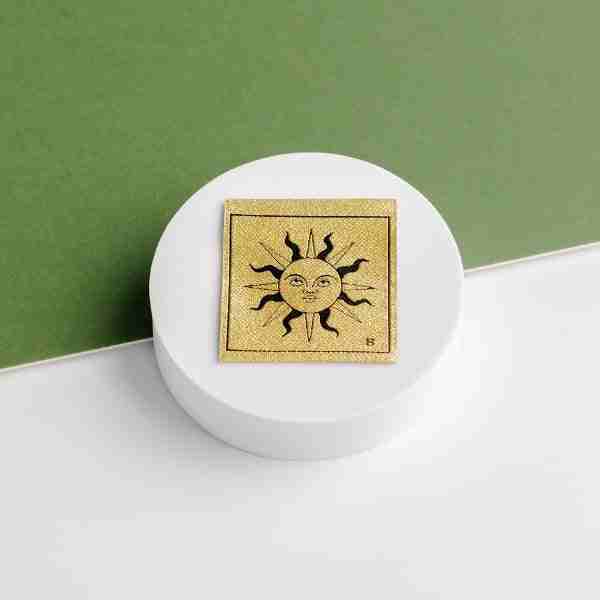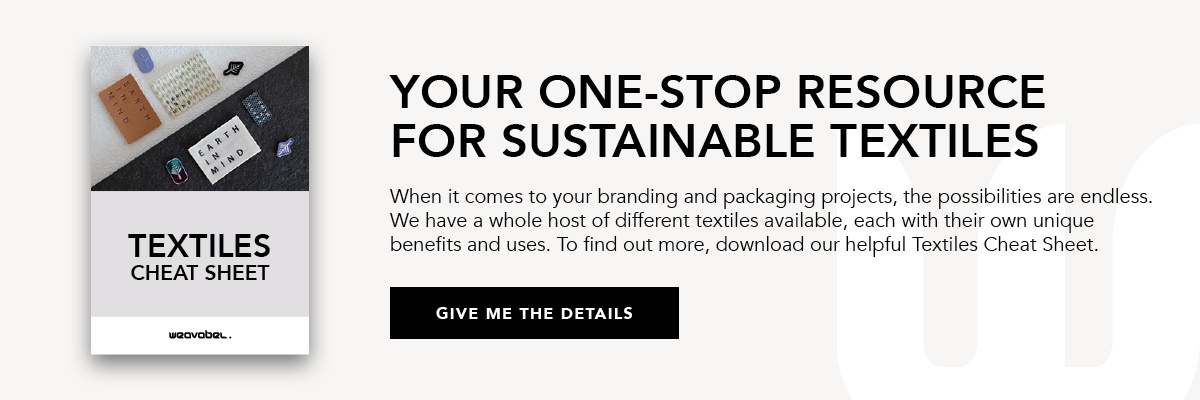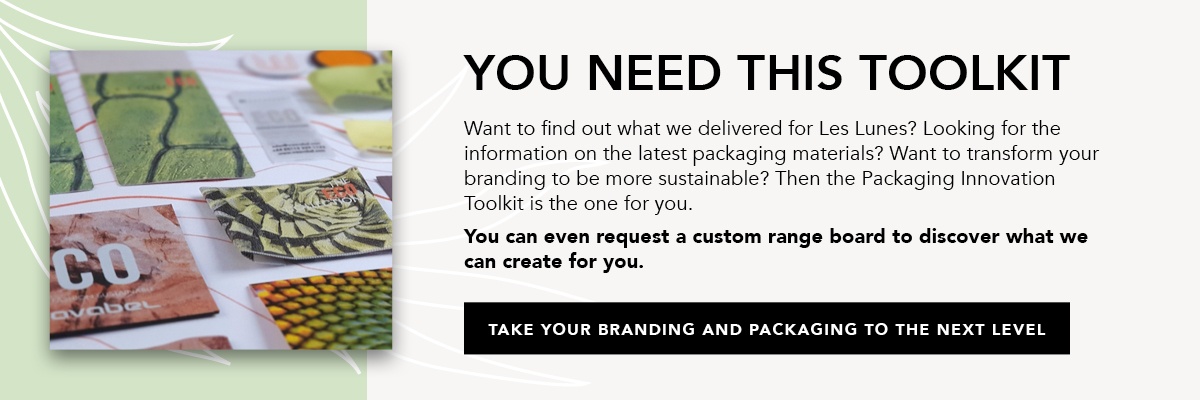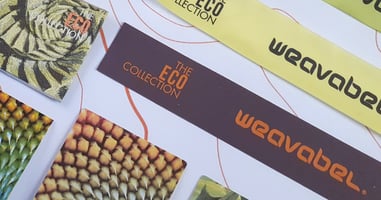Corn Starch Packaging: It's the New Polystyrene
Corn starch packaging is cheap, sustainable, easy to produce and is far better for the environment than polystyrene. Here's why you should switch.

Today’s environmentally conscious consumer wants to know how their products are sourced and how far they’ve come. Because of this, global manufacturers and major brands are all looking for ways to reduce their impact on the environment. One example is replacing polystyrene with corn starch packaging.
- What is Corn Starch Packaging?
- Why We Need an Alternative to Polystyrene
- What Switching Would Mean for Your Business
- View Our Full Range of Eco-Friendly Products
What is Corn Starch Packaging?
First, a quick science lesson. Corn starch-based materials are created using fermented sugars, usually corn starch. These materials are developed using polylactic acid which, crucially, is biodegradable.
It still needs to be disposed of correctly though. The materials can’t be recycled - they need to go to specific composting facilities to be broken down in the right way. Similarly, when they are composted, the conditions need to be right otherwise the material won’t decompose.
If these materials make their way to a landfill, then the lack of oxygen and light means they won’t decompose. They are much more eco-friendly than traditional alternatives but they need to be disposed of in the right way.
Why We Need an Alternative to Polystyrene
Polystyrene has been the material of choice for packaging materials for years. Over time, we’ve become accustomed to seeing it pretty much everywhere. We’ll be seeing it for many years too - considering it takes at least 500 years to break down.
This is why greener alternatives are so desperately needed. Landfills generate unwanted methane gas that contributes to global warming and climate change. Consumers want to know that the packaging used for the products they buy doesn’t end up on a landfill for centuries to come.
Polystyrene breaks into smaller pieces on these landfills. These pieces are accidentally consumed by nearby wildlife who die due to the release of toxins or stomach blockages. If the polystyrene makes its way into nearby water, then it usually just accumulates on coastlines or along waterways - negatively impacting marine life.
If the pieces are heavy enough to sink, then they pollute the seabed and harm the wildlife that rely on that ecosystem.
It’s a slow process but supply chains are starting to realise that sustainable alternatives like corn starch packaging are more than just a PR exercise. Not only do customers truly care about their environmental impact, but these changes are actually saving manufacturers money.
The raw material that’s needed - corn - is sustainable, renewable and easy to produce. It doesn’t contain any harmful chemicals or toxins that are commonly found it conventional plastics. There’s also fewer greenhouse gas emissions produced when corn starch packaging is manufactured.
Compare this to polystyrene which is made with petroleum, a harmful and non-sustainable resource. Finding an alternative to polystyrene might seem like a costly and time-consuming process, but have you considered the positives?
What Switching Would Mean for Your Business
Switch from polystyrene to corn starch based packaging and your business will reap the benefits. Showing that your business is taking decisive action to switch to sustainable processes will impress consumers.
You’ll be helping the environment while also presenting your business as an attractive eco-friendly brand for customers. If you’re branded as a socially responsible company that’s willing to spend money on implementing green processes, then you’ll make sure you stand out from the competition.
Customers are supportive of businesses that are switching to processes that are kinder to the environment, especially if that business is moving away from something they’ve done for many years.
At Weavabel, we’re developing our Eco Collection to make sure they’re as environmentally friendly as possible. We can help brands to be more sustainable with our recycled leather, organic cotton labels, vegetable inks and more. The biodegradable plastics found in our products are made using substances like corn starch and sugarcane to significantly reduce their impact on the environment.
Inspiration for Your Next Packaging Project
Are you ready to get started on updating your branded packaging? Then you've come to the right place. Our Packaging Innovation Toolkit contains multiple resources that show you how to diversify your packaging, the material options available and their applications. Download now by clicking below.

